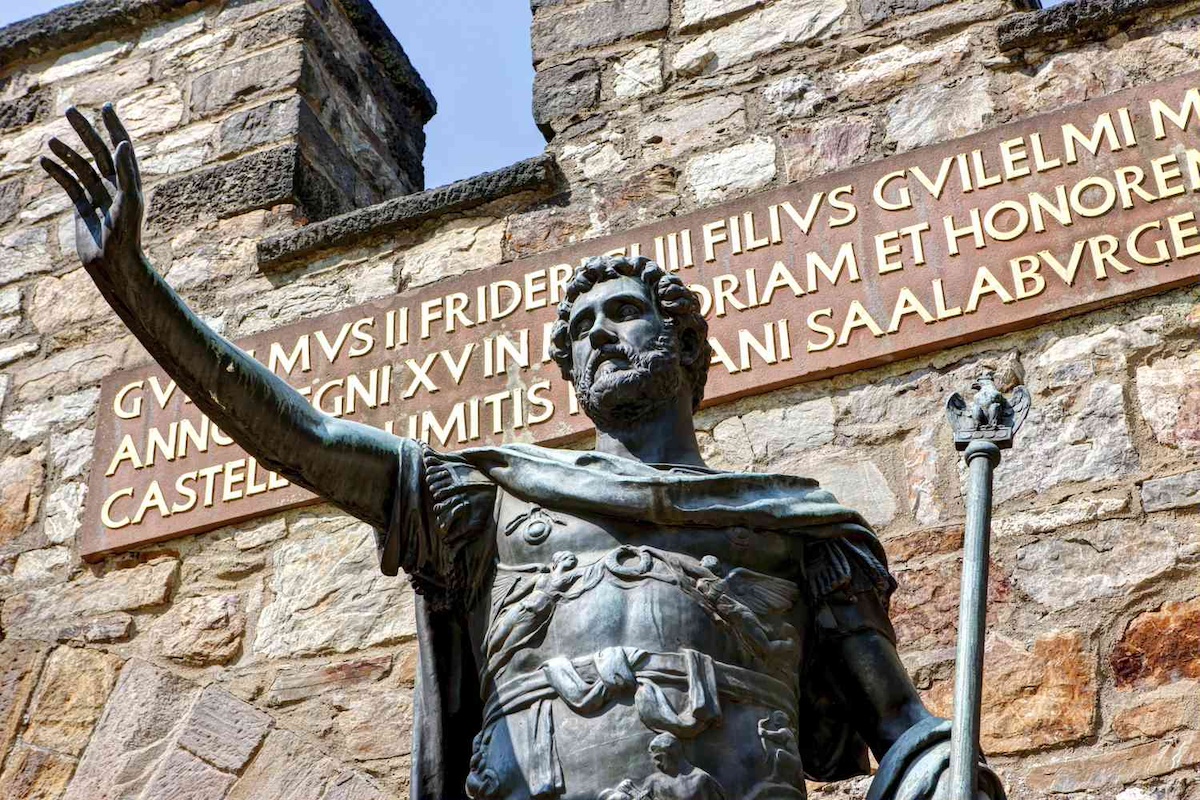The Reign of Antoninus Pius: Accomplishments, Family, and Legacy

Antoninus Pius, born as Titus Aurelius Fulvus Boionius Arrius Antoninus, was the 15th Roman emperor, reigning from 138 to 161 CE. He succeeded the revered Emperor Hadrian and continued his predecessor’s policies of stability and consolidation. Antoninus Pius, often referred to as simply Antoninus, is remembered as one of the “Five Good Emperors” of the Roman Empire, alongside Nerva, Trajan, Hadrian, and Marcus Aurelius. Let’s delve into the life, reign, and legacy of Antoninus Pius, exploring his accomplishments, family life, and enduring impact on Rome.
Early Life and Rise to Power: Antoninus Pius was born on September 19, 86 CE, in the Roman province of Italia. Little is known about his early life, but his family was of senatorial rank and held prestigious positions in Roman society. Antoninus embarked on a career in public service, rising through the ranks of government and earning the trust of Emperor Hadrian, who adopted him as his heir.
Reign and Accomplishments: Antoninus Pius ascended to the throne at the age of 51, inheriting an empire that was relatively stable but facing challenges on its frontiers. His reign is characterized by a commitment to peace, prosperity, and good governance. Antoninus pursued a policy of non-interventionism, seeking to avoid unnecessary wars and maintain diplomatic relations with neighboring powers. Under his rule, the Roman Empire experienced a period of internal tranquility and economic prosperity, known as the Pax Romana or “Roman Peace.”
Antoninus Pius is credited with several notable accomplishments during his reign. He implemented policies to alleviate poverty and promote social welfare, including the distribution of food to the needy and the construction of public works projects. Antoninus also fostered the arts and humanities, patronizing scholars, philosophers, and artists who contributed to the cultural richness of Rome.
Family and Succession: Antoninus Pius married Annia Galeria Faustina, with whom he had four children, including two sons and two daughters. His eldest son, Marcus Aurelius, would go on to succeed him as emperor. Antoninus adopted Marcus Aurelius’ brother, Lucius Verus, as his co-emperor and heir, ensuring a smooth transition of power upon his death.
Death and Legacy: Antoninus Pius died on March 7, 161 CE, at the age of 74, after a reign of 22 years. His death marked the end of an era of stability and prosperity in the Roman Empire. Antoninus Pius is remembered as a wise and benevolent ruler, renowned for his administrative skill, moral integrity, and dedication to the welfare of his subjects. His reign is often cited as a model of good governance, characterized by justice, moderation, and respect for the rule of law.
In conclusion, Antoninus Pius stands as a paragon of virtue and leadership in Roman history, revered for his commitment to peace, prosperity, and the common good. His reign exemplifies the ideals of the “Five Good Emperors” and serves as a testament to the enduring legacy of wise and just governance in the annals of human history.
